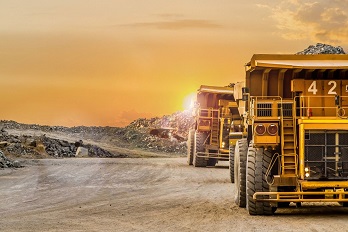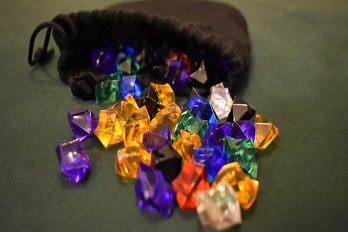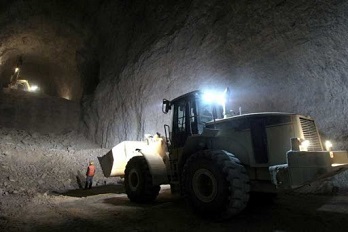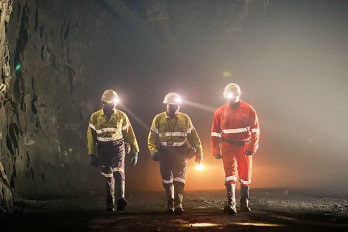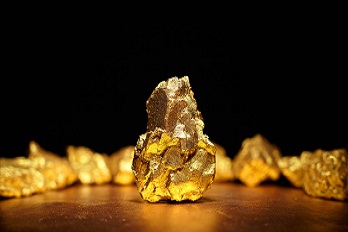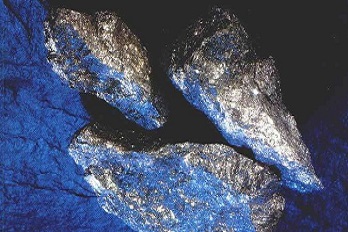Grasberg mine

Company Location
Company Description
The Grasberg Mine is the largest gold mine and the third largest copper mine in the world. It is located in the province of Papua in Indonesia near Puncak Jaya, the highest mountain in Papua, and it has 19,500 employees. It is majority owned through a subsidiary by Freeport-McMoRan, own 90.64% of PT Freeport Indonesia, the principal operating subsidiary in Indonesia, including 9.36% owned through its wholly owned subsidiary, PT Indocopper Investama. The Government of Indonesia owns the remaining 9.36% of PT Freeport Indonesia.
Grasberg mine is a large copper and gold mining operation located in the Papua province of Indonesia. It is owned by the Freeport McMoRan mining company and is one of the largest copper and gold mines in the world. The mine is estimated to contain the world's largest gold reserves and the second largest copper reserves. The mine has been in operation since the 1970s and is currently the largest employer in the region.
The Grasberg mine is located in the highlands of the Sudirman Range in the province of Papua. It is located about 60 miles east of the city of Timika and is accessible via a road that runs through the jungle. The mine is located at an elevation of about 4,100 feet above sea level and is surrounded by steep mountains.
The Grasberg mine is an open-pit mine, which is the largest in the world. It is estimated to contain more than 2.8 billion tons of ore containing copper, gold, and other minerals. The ore is mined using a combination of conventional mining techniques and large scale earth moving equipment. The ore is then processed onsite to extract the minerals.
The Grasberg mine is believed to produce more than 1.5 million tons of copper and more than 1 million ounces of gold every year. The mine is also estimated to generate more than $2 billion in revenue annually.
The Grasberg mine has been the subject of controversy due to its environmental and human rights impact. The mine has been accused of causing environmental damage, such as deforestation and air pollution, as well as human rights violations, such as forced labor and child labor. The mine has also been criticized for its lack of transparency and for not paying taxes to the Indonesian government.
Despite the controversy, the Grasberg mine continues to be a major source of income for the region and is a major contributor to the Indonesian economy. It is estimated that the mine will remain in operation for at least another 20 years.
Related Companies:










